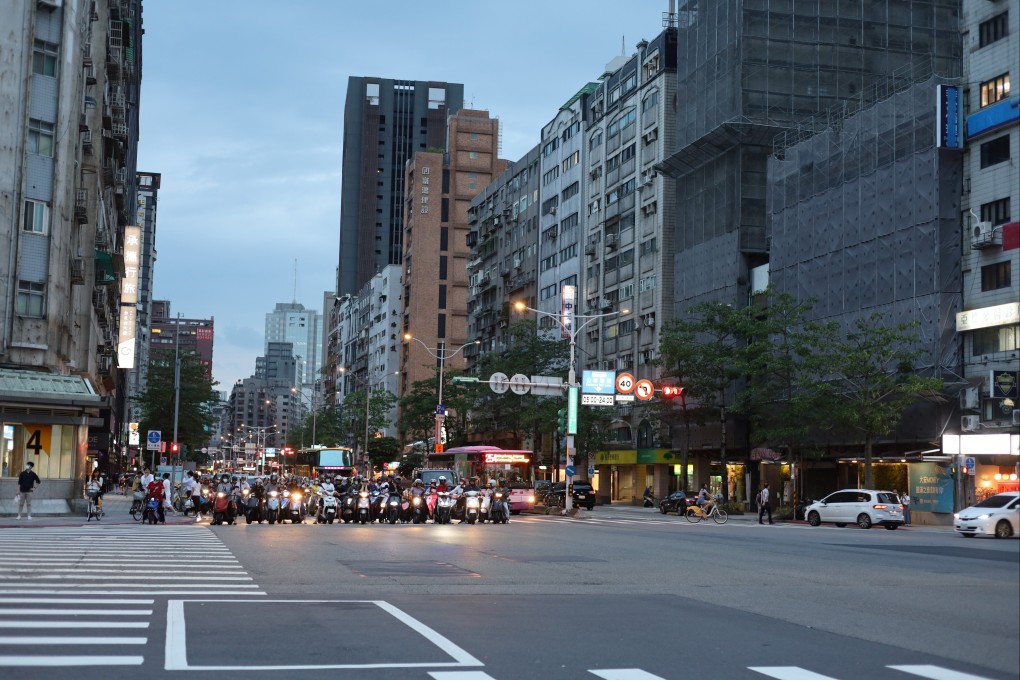My Take | Porcupine, anaconda or capybara are choices for Taiwan’s defence
The spiky prey will prove to be a deadly meal for the snake but it also will not survive. Better to imitate the rodent that gets along with everyone

The law of the jungle has often been used to describe international relations. So understandably, various animals have been cited to characterise increasingly tense cross-strait relations between Taiwan and mainland China.
By continuing to sell weapons to the island, Americans like to call it the “porcupine strategy”. Many people think it’s just good business – for Washington’s merchants of death, especially with the weapons being outdated and deliveries constantly delayed.
Meanwhile, in an interview with The Economist, the new Taiwanese naval commander, Admiral Tang Hua, has described Beijing’s aim of subduing the island as an “anaconda strategy”.
The idea is to stretch thin and then strangle the Taiwanese armed forces. “They are ready to blockade Taiwan at any time they want,” Tang said. This includes regular air incursions and maritime intrusions. As a result, the island’s navy has had to deploy up to 50 per cent of its combat strength to counter PLA patrols. They give you extreme pressure, pressure, pressure. They’re trying to exhaust you.”
But deterrence means there will be dire digestive consequences for swallowing a porcupine. The porcupines, however, don’t agree among themselves about the exact strategy. An alternative to arming to the teeth is to deploy smaller, more mobile and affordable weapon systems that could survive an initial Chinese assault ahead of a full-scale invasion and inflict a high cost on the mainland military.
As articulated by retired four-star admiral James Ellis in a late 2022 edition of the Texas National Security Review, “Distributed, survivable, and affordable defences could greatly complicate an attempt to invade Taiwan by the People’s Liberation Army. Taiwan’s expensive conventional platforms are useful to counter grey-zone incursions and they have political and industrial benefits as well.
“But they are unlikely to survive the initial strikes of any cross-strait invasion. Implementation of a strategy that includes a large number of small things could leverage Taiwan’s geographic and technological advantages, exploit the People’s Liberation Army’s vulnerabilities, and help to deter an attempt to take the island by force.”

